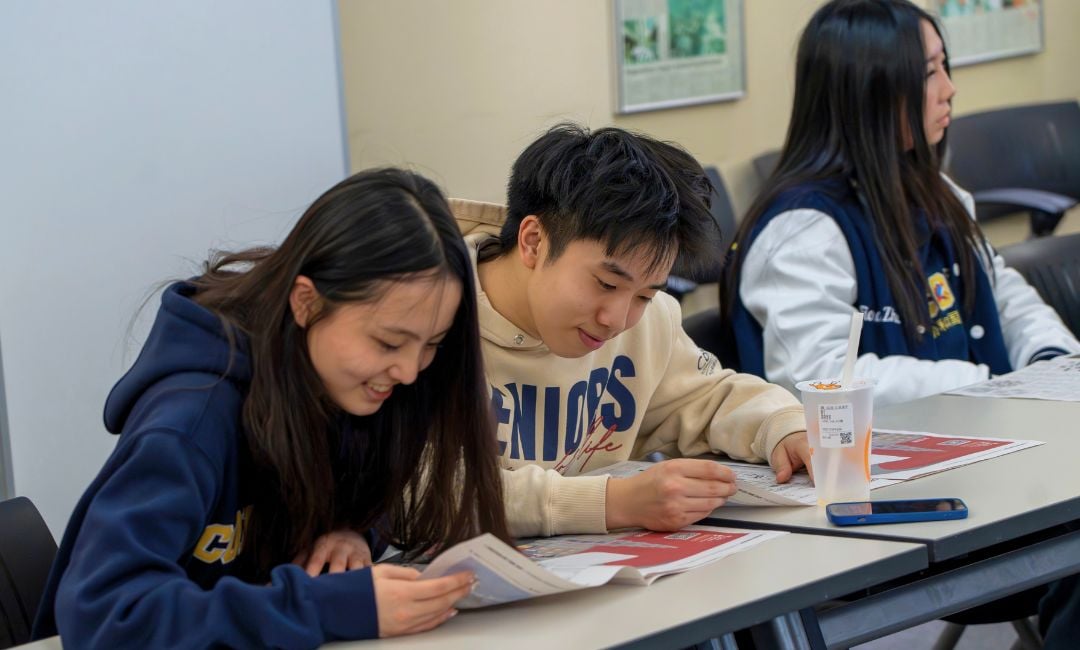Our Grade 7 Social Studies students took part in an inspiring and relevant activity in which they were immersed in a hands-on simulation that had them considering poverty on a broad scale and learning how much they actually understand about the allocation of resources in our world.
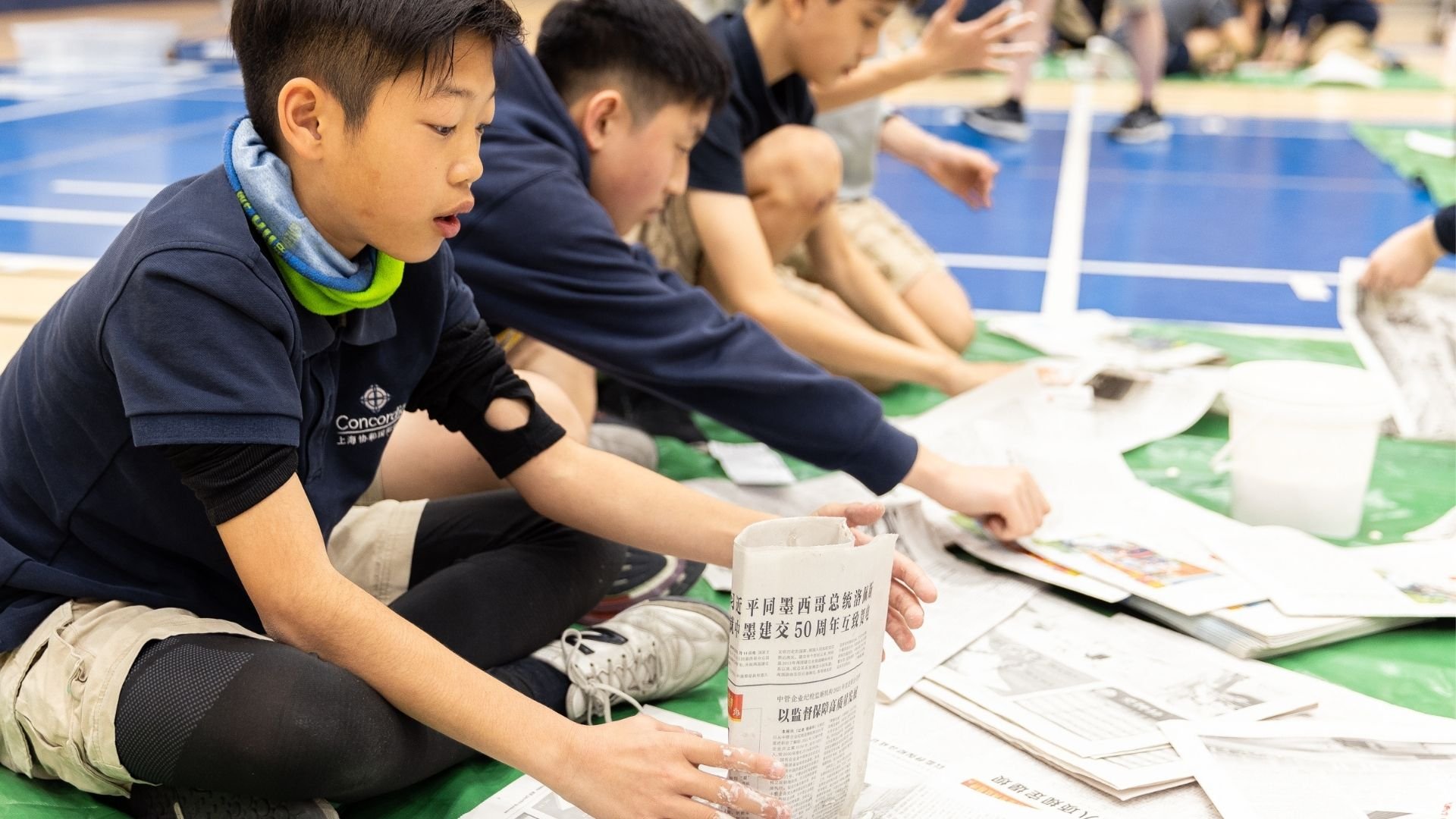
Inspired by simulations led by the Crossroads Foundation, the activity was deliberately engineered to help students build empathy for those in severe poverty around the world. Students had to make and sell bags made of newspaper and home-made glue in order to help their families earn enough money to pay for rent, food, and sanitation. They were challenged with difficult “life” decisions about how to use their resources, all while dealing with unsympathetic shop owners, greedy landlords, as well as unexpected illness and other hardships. This powerful activity had the students experience the tragedy of poverty and many other issues that stem from lacking access to basic needs.
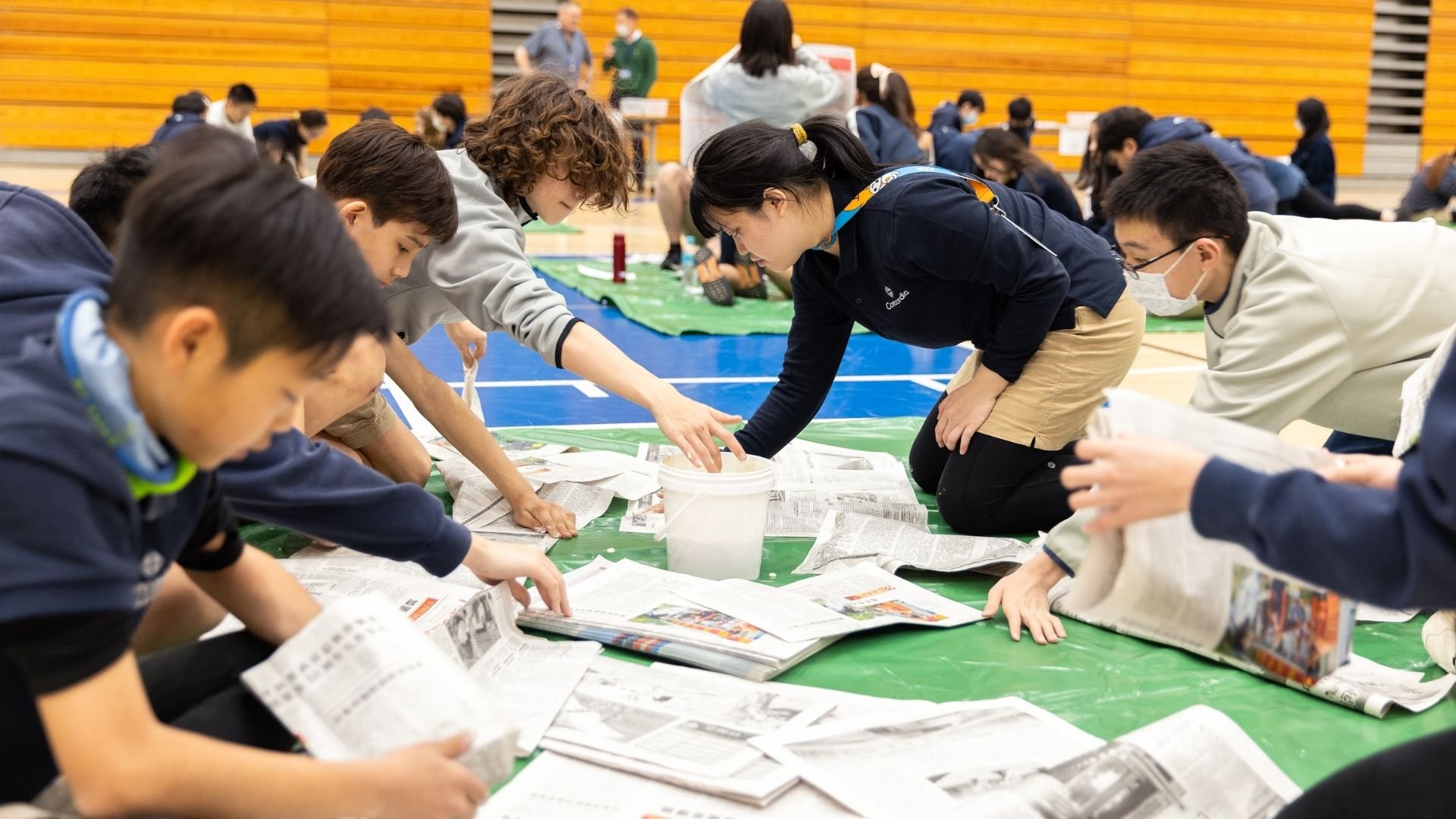
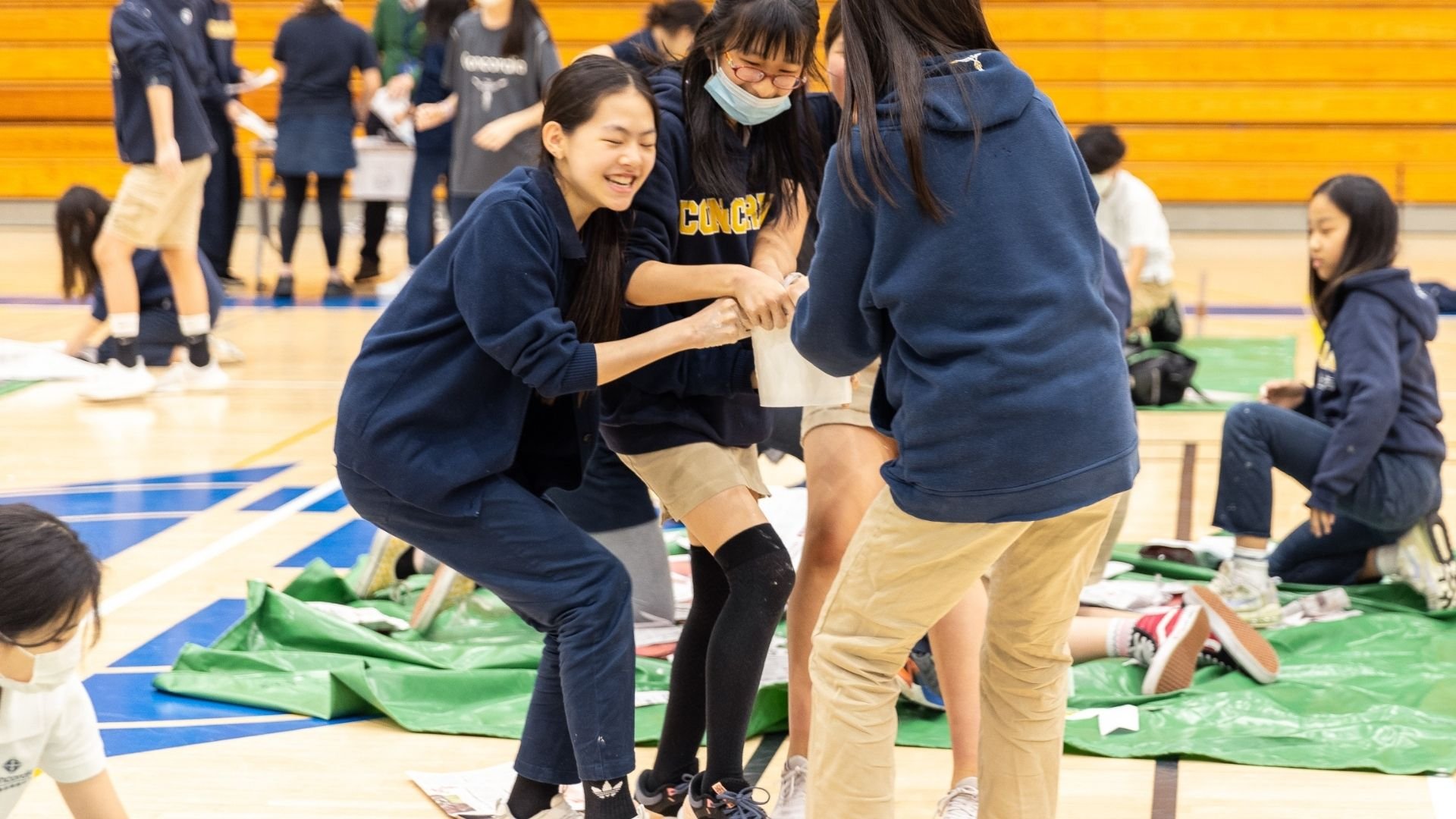
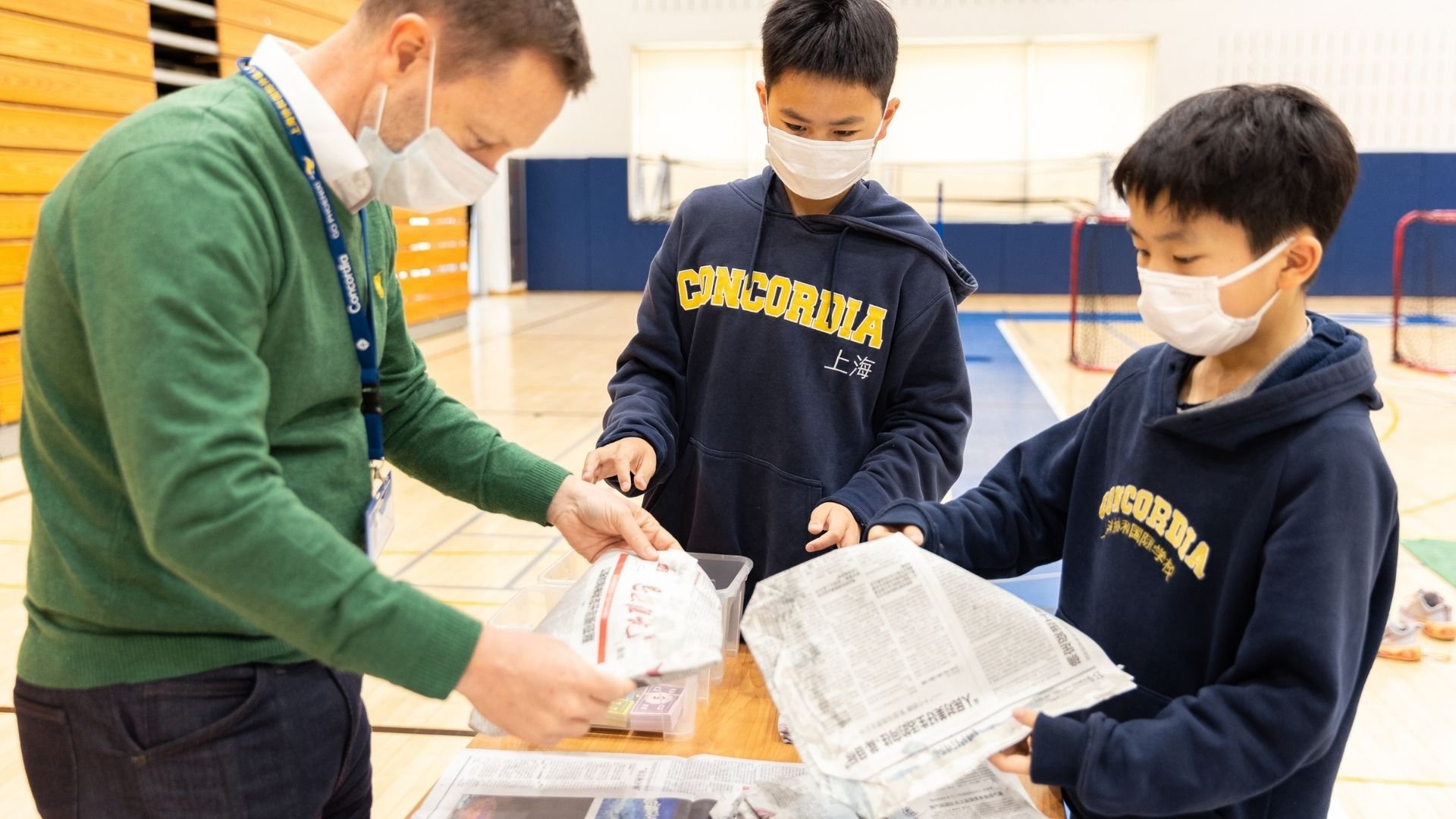
The G7 Social Studies’ Enduring Understanding for this unit was: We have a responsibility to understand and respect others’ efforts to meet their basic needs, which is impacted by environmental, economic, social, cultural, and civic concerns.
“By participating in this simulation, students saw how challenging it can be to meet their basic needs and how challenging the poverty cycle can be to break once they fall into it,” says Mr. Travis Coverdell, middle school assistant principal.
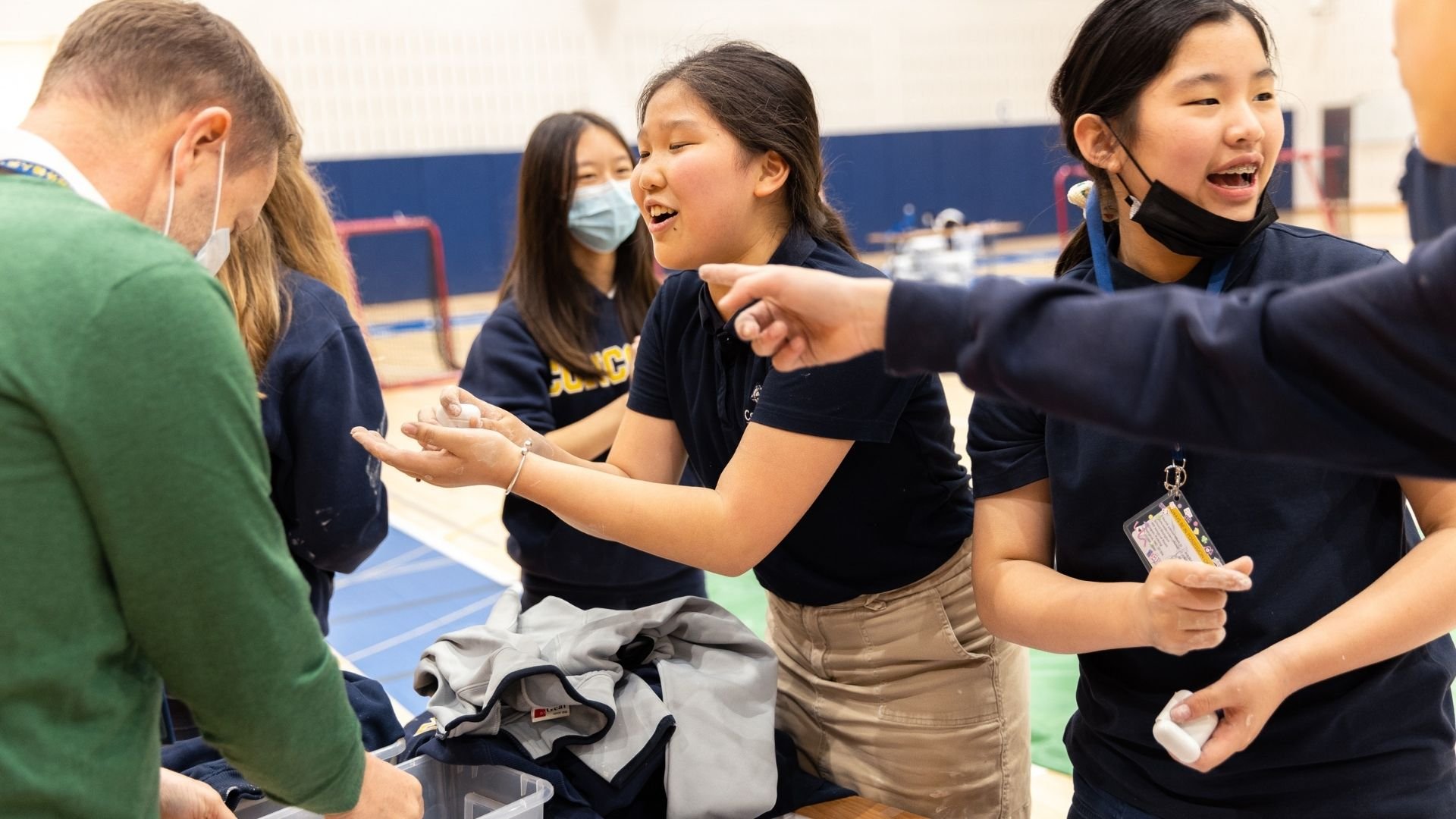
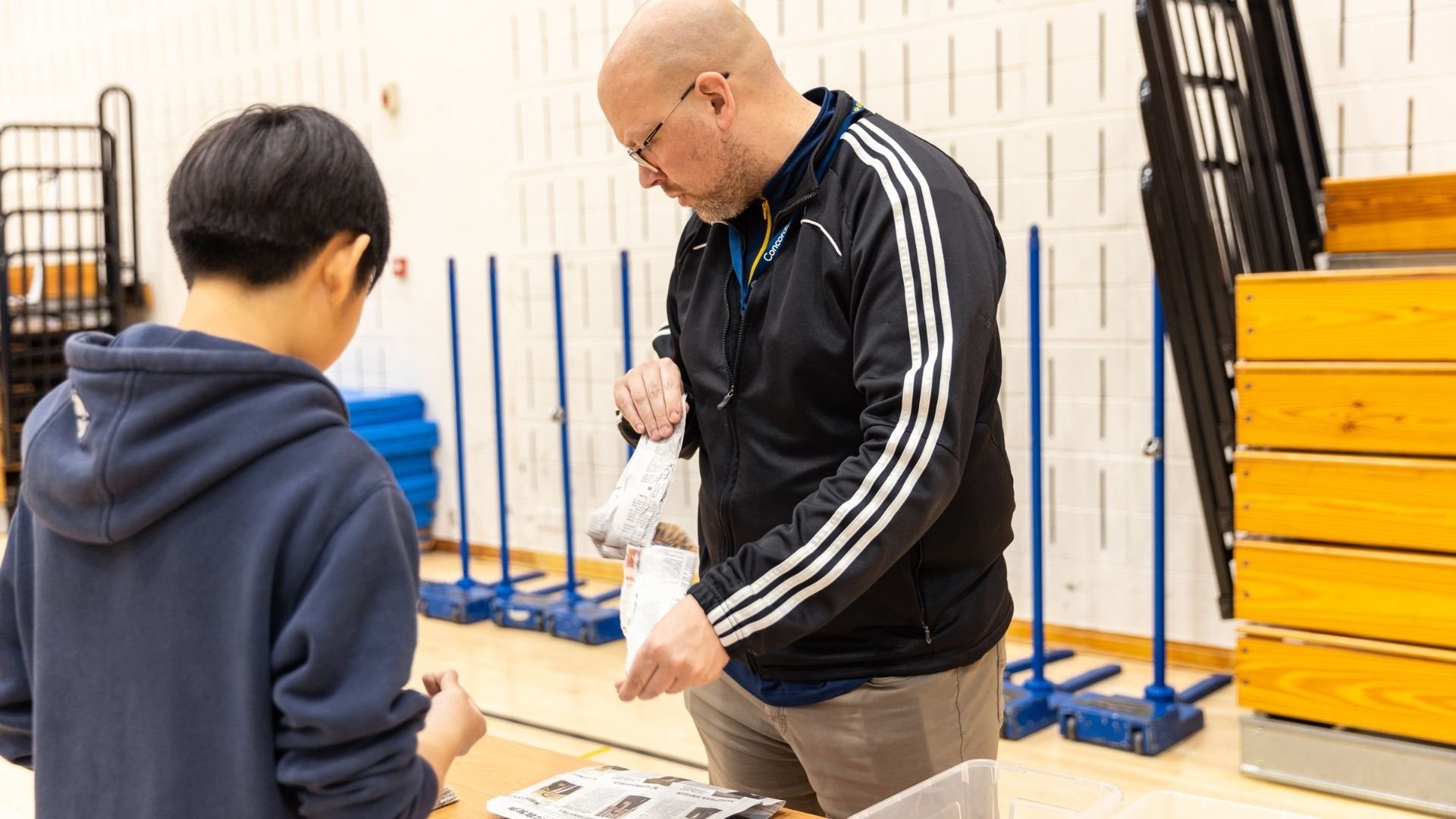
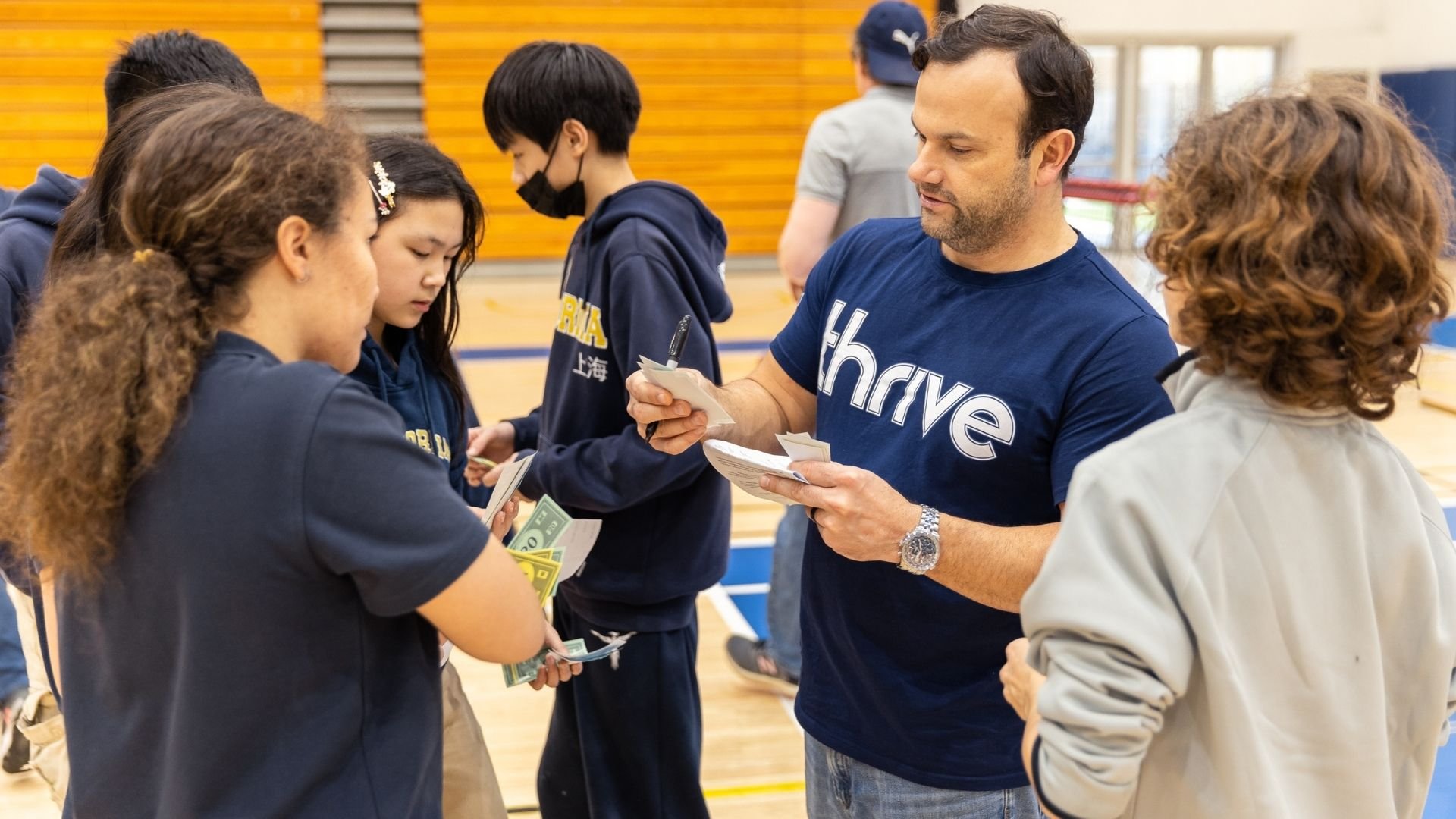
By providing students various ways to actively engage in learning, ideas, theories, and concepts go from being ‘flat and abstract’ to being more concrete and enable students to make stronger connections to the world in which we live.
“Additionally, opportunities like the Poverty Simulation allow students to reflect on their own experiences and decisions that they found themselves having to make. Through reflection, students are able to see how their own decisions and actions can impact outcomes, and these may be different and varied by individual. However, when we provide space and opportunity for this, we are also able to begin to touch students’ hearts and begin to build empathy,” adds Coverdell.




